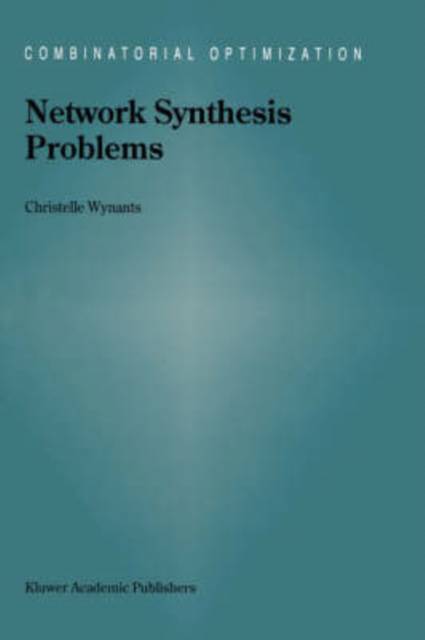
Bedankt voor het vertrouwen het afgelopen jaar! Om jou te bedanken bieden we GRATIS verzending (in België) aan op alles gedurende de hele maand januari.
- Afhalen na 1 uur in een winkel met voorraad
- Gratis thuislevering in België
- Ruim aanbod met 7 miljoen producten
Bedankt voor het vertrouwen het afgelopen jaar! Om jou te bedanken bieden we GRATIS verzending (in België) aan op alles gedurende de hele maand januari.
- Afhalen na 1 uur in een winkel met voorraad
- Gratis thuislevering in België
- Ruim aanbod met 7 miljoen producten
Zoeken
€ 153,95
+ 307 punten
Uitvoering
Omschrijving
As the telecommunication industry introduces new sophisticated technologies, the nature of services and the volume of demands have changed. Indeed, a broad range of new services for users appear, combining voice, data, graphics, video, etc. This implies new planning issues. Fiber transmission systems that can carry large amounts of data on a few strands of wire were introduced. These systems have such a large bandwidth that the failure of even a single transmission link: in the network can create a severe service loss to customers. Therefore, a very high level of service reliability is becoming imperative for both system users and service providers. Since equipment failures and accidents cannot be avoided entirely, networks have to be designed so as to "survive" failures. This is done by judiciously installing spare capacity over the network so that all traffic interrupted by a failure may be diverted around that failure by way of this spare or reserve capacity. This of course translates into huge investments for network operators. Designing such survivable networks while minimizing spare capacity costs is, not surprisingly, a major concern of operating companies which gives rise to very difficult combinatorial problems. In order to make telecommunication networks survivable, one can essentially use two different strategies: protection or restoration. The protection approach preas- signs spare capacity to protect each element of the network independently, while the restoration approach spreads the redundant capacity over the whole network and uses it as required in order to restore the disrupted traffic.
Specificaties
Betrokkenen
- Auteur(s):
- Uitgeverij:
Inhoud
- Aantal bladzijden:
- 208
- Taal:
- Engels
- Reeks:
- Reeksnummer:
- nr. 8
Eigenschappen
- Productcode (EAN):
- 9780792366898
- Verschijningsdatum:
- 30/11/2000
- Uitvoering:
- Hardcover
- Formaat:
- Genaaid
- Afmetingen:
- 179 mm x 233 mm
- Gewicht:
- 521 g

Alleen bij Standaard Boekhandel
+ 307 punten op je klantenkaart van Standaard Boekhandel
Beoordelingen
We publiceren alleen reviews die voldoen aan de voorwaarden voor reviews. Bekijk onze voorwaarden voor reviews.












